Photo Illustration by Michele Abercrombie One group of volunteers was concerned about the homeless, so they donated clothes and shoes. Another provided blankets and towels for an animal shelter. And a third gave art supplies […]
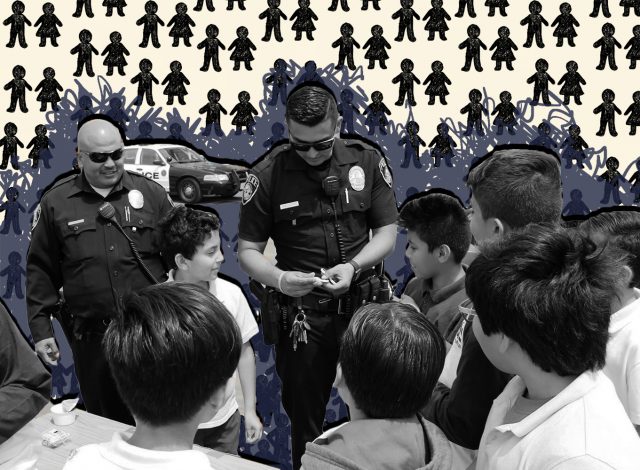

Photo Illustration by Michele Abercrombie One group of volunteers was concerned about the homeless, so they donated clothes and shoes. Another provided blankets and towels for an animal shelter. And a third gave art supplies […]
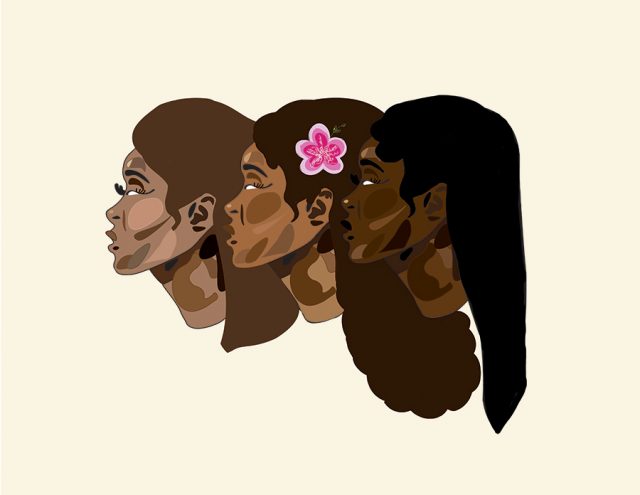
Girls of color are disproportionately affected in the juvenile justice system not only in terms of incarceration, though also in their victimization.
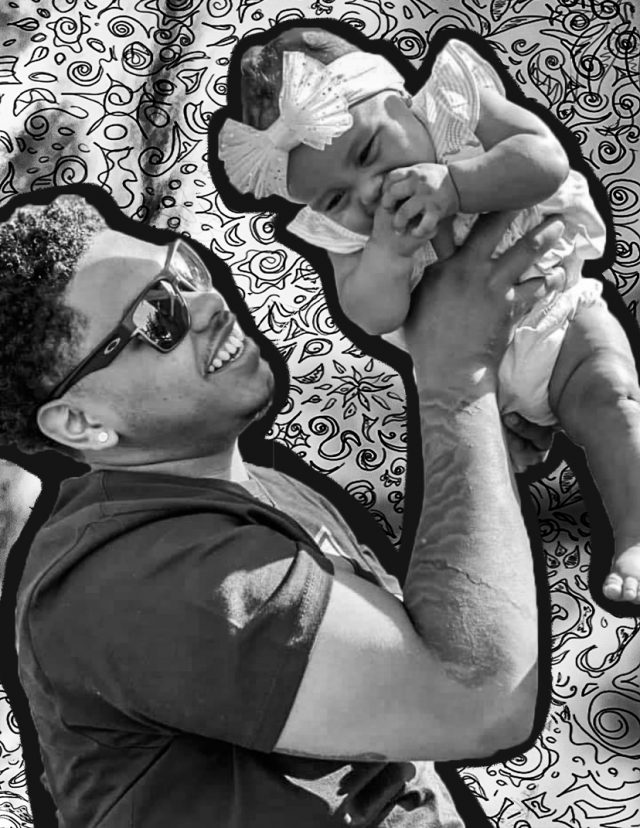
When 16-year-old Iziah Reedy got pulled over with a gun in a stolen vehicle, he said he saw his life going “down the drain.” But instead of a court date, he got a call from Choose 180, a Seattle-based organization that aims to reverse the life trajectories of kids who’ve committed misdemeanors.

One of the biggest factors that determines whether young people return to the justice system is how well they can read. But many juvenile detention centers in the U.S. don’t even have libraries.

Six rural towns in Vermont are combating youth substance use thanks to inspiration from the small Nordic country of Iceland.
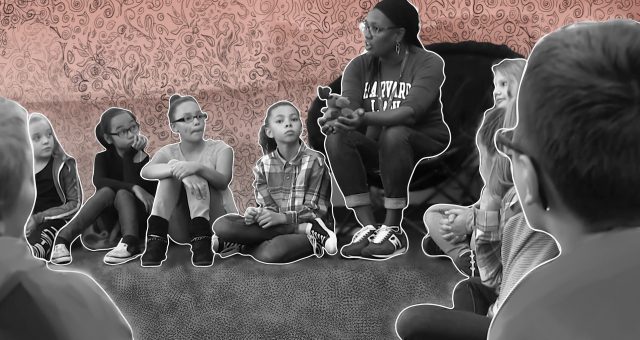
Spokane Public Schools in Washington is helping students take accountability and be supported by their community through restorative justice practices.
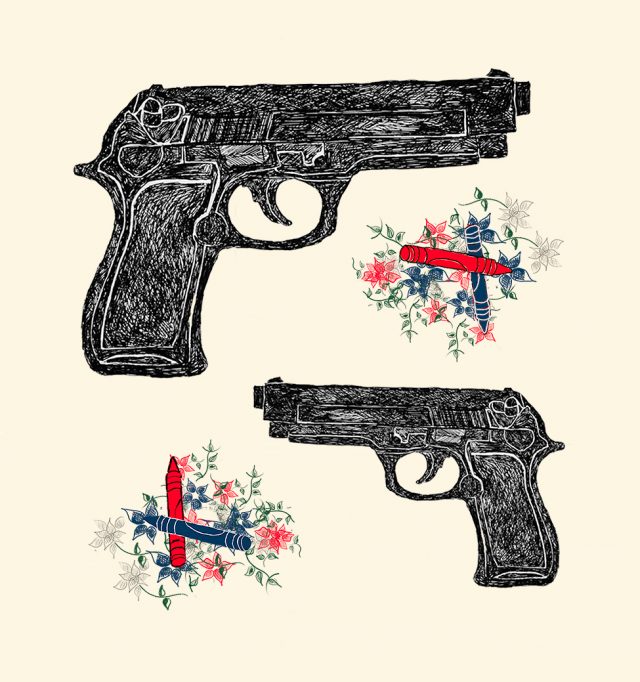
Nonprofits across the U.S. are working to stop gun violence in schools, which is disproportionately caused by students.
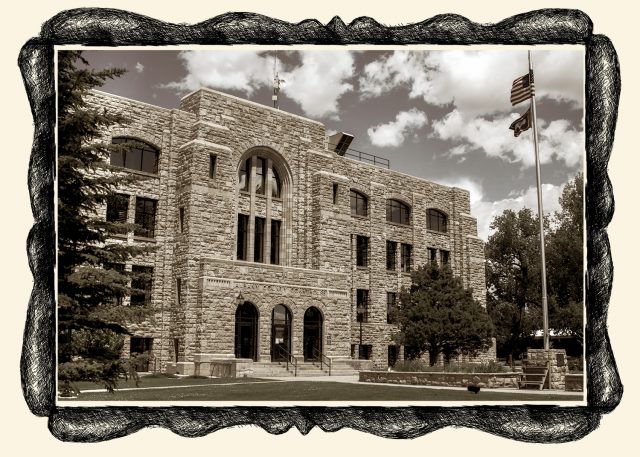
A newly elected county attorney in Wyoming teamed with law enforcement, advocates and others to push juvenile diversion reforms and transform the way the county deals with juvenile crime.
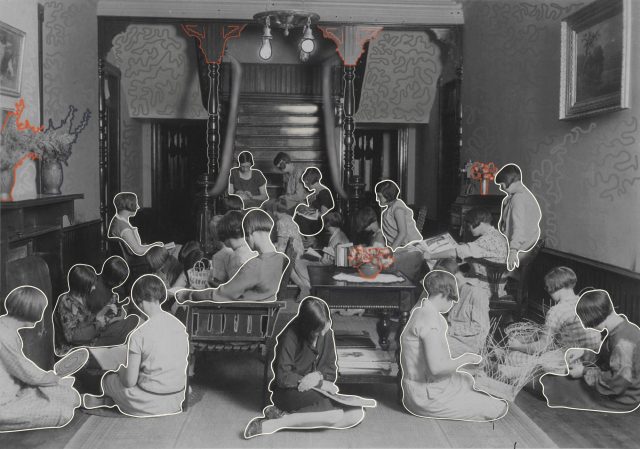
Founded in 1883, National Crittenton was the first group to open its doors to young women pushed to the edges of society, providing a safe place to sleep, community and emotional support. National Crittenton still wrestles against the risk factors — sex trafficking, domestic violence and poverty — that drove girls into the juvenile justice system more than a century ago, and still do today.

Whether youth are currently incarcerated, detained or under post-release supervision, Storycatchers Theatre artists work alongside them in Chicago to teach them means of coping with their traumas.